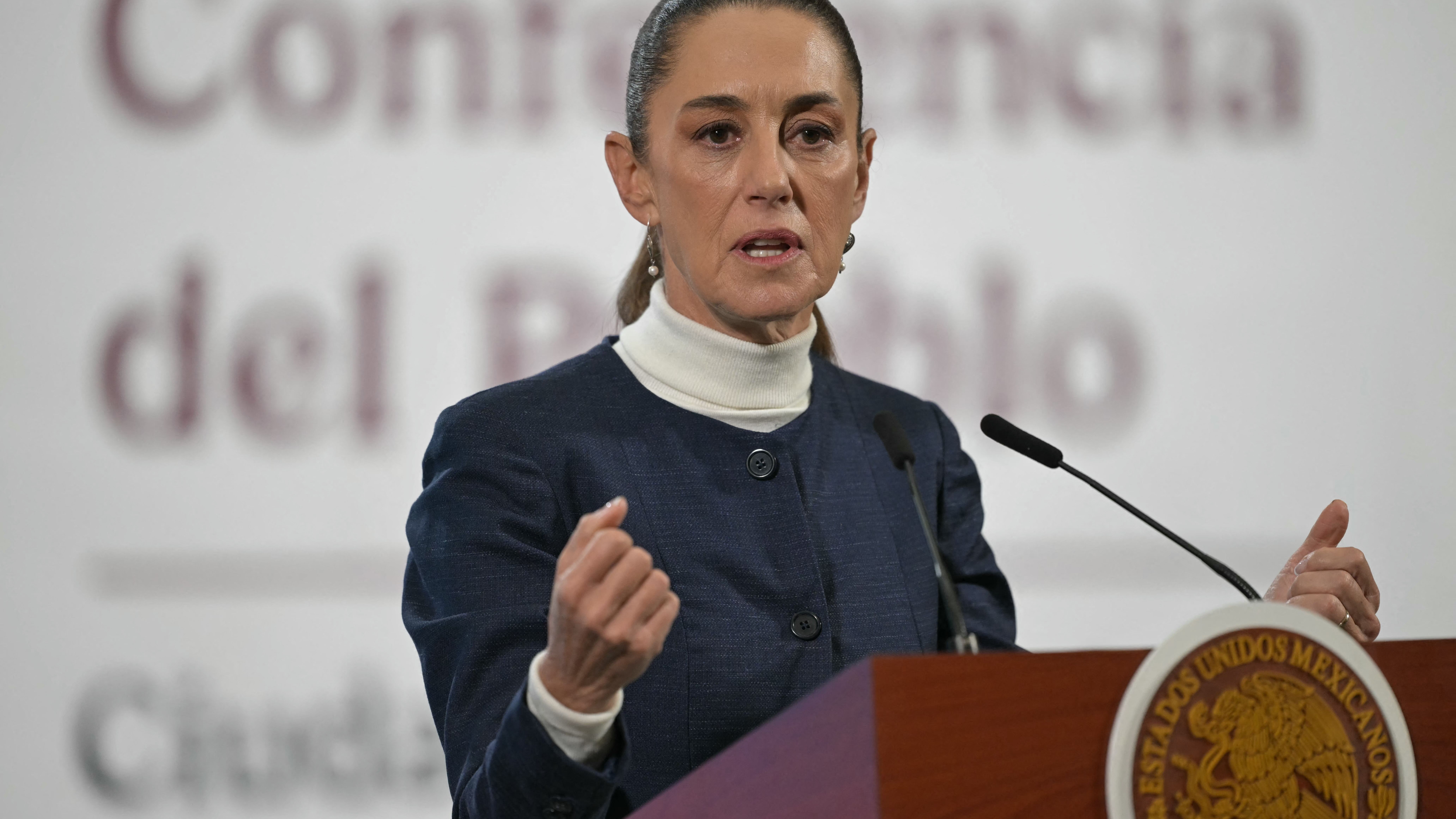Do Sheinbaum’s Reforms Safeguard Mexico’s Sovereignty?
As Mexico navigates a complex political landscape, questions arise about whether the recent reforms proposed by Claudia Sheinbaum truly protect national sovereignty. Her tenure as the mayor of Mexico City has brought about significant changes, and her aspirations for national office have led to a series of proposed reforms that aim to transform various sectors of the Mexican economy and government. However, the critical question remains: do these reforms genuinely safeguard Mexico’s sovereignty, or do they open the door to new vulnerabilities?
The Context of Sheinbaum’s Reforms
Claudia Sheinbaum, a prominent figure in Mexican politics, has been vocal about her commitment to advancing social justice, environmental sustainability, and economic independence. Her background as a scientist and a politician has shaped her approach towards governance, focusing on evidence-based policies. In the context of her proposed reforms, these policies encompass a wide range of areas including energy, education, and public health.
Sheinbaum’s reforms can be seen as a response to the growing concerns over foreign influence in Mexico. With historical ties to foreign entities, particularly in the energy sector, many Mexicans are wary of losing control over their natural resources. Sheinbaum’s proposals aim to bolster national interests while also addressing pressing social issues.
Key Reforms and Their Implications
Several key reforms have been proposed by Sheinbaum, each with implications for Mexico’s sovereignty:
- Energy Reform: One of the cornerstones of Sheinbaum’s agenda is the reinforcement of state control over energy resources. She advocates for a greater role of the state-owned company, Pemex, in oil production and seeks to limit the influence of private foreign companies in the energy sector. This move is perceived as a way to reclaim sovereignty over one of Mexico’s most valuable resources.
- Education Reform: Sheinbaum aims to revamp the educational system to better serve the needs of the nation, emphasizing critical thinking and scientific education. By investing in local educational institutions and reducing the influence of foreign educational frameworks, she hopes to cultivate a more independent and informed citizenry.
- Public Health Initiatives: In response to the COVID-19 pandemic, Sheinbaum has proposed reforms to strengthen the public health system. This includes increasing funding for healthcare and promoting local pharmaceutical production to ensure that Mexico is not overly reliant on foreign health supplies.
- Environmental Policies: With Mexico facing significant environmental challenges, Sheinbaum has proposed reforms aimed at protecting the environment through sustainable practices. This includes promoting local industries that adhere to environmentally friendly standards, thus preserving Mexico’s natural resources for future generations.
Assessing Sovereignty: A Double-Edged Sword
While Sheinbaum’s reforms have the potential to enhance Mexico’s sovereignty, they also present certain risks. The push for increased state control can sometimes lead to inefficiencies and corruption. Critics argue that without proper checks and balances, a centralization of power can stifle innovation and economic growth.
Furthermore, the international community’s reaction to Mexico’s shift in policy must be considered. Foreign investors may view these reforms as a signal of instability, potentially leading to capital flight or reduced foreign direct investment. This situation can paradoxically undermine the very sovereignty that Sheinbaum seeks to protect.
Public Sentiment and Political Landscape
The public’s response to Sheinbaum’s reforms has been mixed. Many citizens appreciate the emphasis on national sovereignty and the desire to prioritize local needs over foreign interests. However, there is also a significant portion of the population that fears the economic repercussions of these reforms, particularly in a globalized economy where interdependence is the norm.
Moreover, Mexico’s political landscape is notably fragmented. Sheinbaum’s party, the Morena party, has a strong base but also faces opposition from traditional parties such as the PAN and PRI, which may challenge her reforms in legislative contexts. The political tug-of-war could influence the effectiveness of her proposals and their implementation.
The Path Forward: Balancing Sovereignty with Growth
To safeguard Mexico’s sovereignty while fostering economic growth, Sheinbaum’s administration may need to adopt a balanced approach. This includes:
- Engaging in Dialogue: Sheinbaum should engage with various stakeholders, including business leaders, civil society organizations, and international partners, to foster a collaborative environment that respects national interests while promoting economic development.
- Promoting Transparency: Ensuring transparency in government dealings can help build trust among citizens and investors. This can mitigate fears surrounding corruption and inefficiency in state-run enterprises.
- Investing in Technology and Innovation: By supporting local startups and technological advancements, Mexico can reduce its dependency on foreign entities, creating a self-sustaining economy that aligns with Sheinbaum’s vision of sovereignty.
Conclusion
In conclusion, Claudia Sheinbaum’s reforms present a bold vision for Mexico’s future, one that seeks to reclaim sovereignty over critical sectors while addressing social and environmental issues. However, the success of these reforms hinges on a delicate balance between asserting national interests and fostering an environment conducive to growth and investment. As Mexico moves forward, the effectiveness of Sheinbaum’s policies will be closely monitored, not only for their impact on national sovereignty but also for their role in shaping the country’s economic landscape in the years to come.
Ultimately, the question remains: will Sheinbaum’s reforms safeguard Mexico’s sovereignty, or will they lead to new challenges? Only time will tell, but the path she forges will be pivotal in determining Mexico’s future in a rapidly changing global arena.
See more BBC Express News

